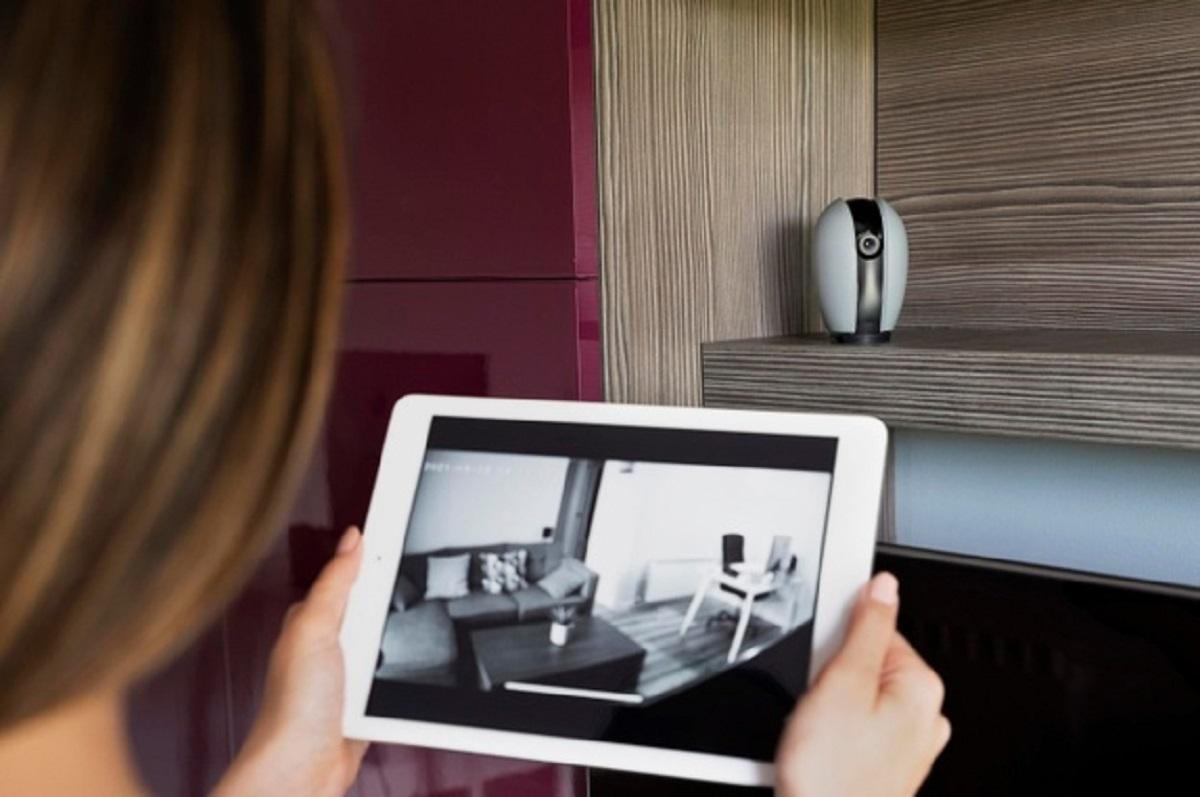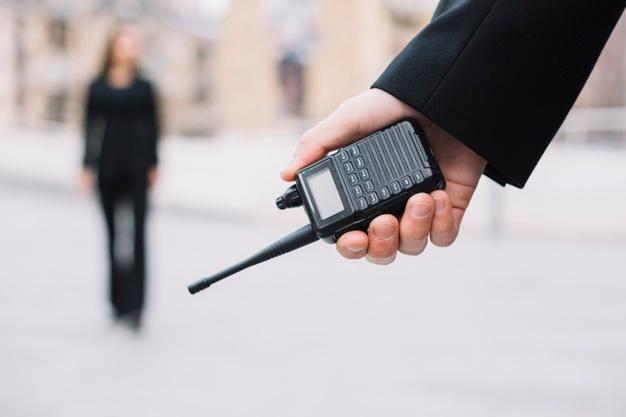The gravity that hospital security carries has never been felt more keenly than in today’s society. As the medical world expands and evolves in technological and intellectual scope, so too do the challenges and threats it needs to counteract, particularly in the realm of security. Hospital security plays a critical role in the daily functioning of a healthcare institution. It ensures patient safety, fosters a secure and conducive environment for the hospital staff, and safeguards the precious and vital medical equipment that is integral to providing quality care. This growing importance can be attributed to increasing patient volume, reliance on advanced technology, and the need for compliance with ever-tightening regulations.
In this compelling read, we delve into the abyss of hospital security, dissect its importance, ramifications of inadequate measures, how it is layered, and the best practices to implement. We also take a peep into technology’s role in enhancing this aspect of healthcare, with a spotlight on Australian hospital security measures and a glimpse into the future of hospital security.
Why is Hospital Security Essential?
Hospital security isn’t just about having guards patrolling the corridors or robust door locks; it is an intricate system that is integral to the functioning of healthcare institutions. The primary reason for the indispensability of hospital security is the protection of confidential patient data. In an era where data breaches are commonplace, hospitals hold sensitive data that needs unparalleled protection. Furthermore, hospitals are home to expensive medical equipment that, if stolen or damaged, could significantly disrupt hospital services.
The presence of an effective security system provides a welcoming environment for both patients, their visitors, and the staff, alleviating their fears and allowing them to focus on recovery and care, respectively. Hence, seeing hospital security as an investment rather than an expense is key to understanding its significance and compelling nature.

The Domino Effect of Inadequate Security in Hospitals
Inadequate security measures in hospitals can lead to disastrous consequences, akin to a domino effect. First off is the genuine concern for the breach of patient information which can lead to lawsuits and damage to the hospital’s reputation. Then there is the potential for theft and vandalism of hospital property, crucial medical supplies, and equipment which are irreplaceable in some instances.
Violence within hospitals, especially towards healthcare professionals, is a rising concern that inadequate security cannot tackle effectively. Lastly, there are legal ramifications for hospitals that fail to meet minimum security standards or where inadequate security leads to preventable incidents. Hence, it is imperative to understand that these aren’t isolated events, rather they are interconnected occurrences that will have debilitating effects on the entire healthcare setup.
The Different Layers of Hospital Security
Hospital security is a multi-faceted concept and comprises of various facets working in synergy. Physical security is the most visible layer, responsible for managing access, patrolling premises, and monitoring suspicious behaviour. Next, in an increasingly digital world, cybersecurity moves to safeguard against malicious threats targeting databases containing privileged patient information.
Access control is all about managing who gets to go where, which is especially crucial in sensitive areas like the NICU, ICU or operation theatres. Visitor management extends from registering a visitor’s entry to ensuring safe conduct within premises. Lastly, there is emergency response planning which is put into action in the case of crises like fire, natural disasters or acts of violence.
Best Practices for Hospital Security
To ensure optimal security in hospitals, it is paramount to adopt best practices religiously. Regular risk assessments and security audits are a must. Hospitals should have clear and well-rehearsed emergency response plans in place, including for tackling violence in the hospital. Physical security measures need to be beefed up, with adequate staffing, CCTV surveillance and access control practices.
Training and awareness for staff are also essential so that they take ownership of the security protocols and become partners in maintaining a secure environment. The example of Banner Health, a US-based health system, is testimony to this. They implemented a comprehensive staff training program that resulted in a 42% reduction in hospital violence, showcasing the impact of staff involvement in hospital security.
Innovations in Hospital Security
Hospitals are not shying away from harnessing the power of technology to up their security game. CCTV surveillance has undergone significant innovation, employing artificial intelligence to identify suspicious activity. Biometric solutions are in place for enhanced access control, bolstering security significantly.
Cybersecurity measures are continually being updated to fend off new threats. Machine learning and artificial intelligence are also being harnessed for detecting patterns in data that can warn against potential threats. Embracing these technology-driven solutions has not only bolstered security but also made it more efficient.
Spotlight on Australian Hospital Security Measures
Australian hospitals offer an excellent example of effective hospital security measures. In addition to the typical, mandated measures, Australian hospitals impose stringent access control measures using smart card technology. The Royal Melbourne Hospital utilizes an integrated security system that combines access control, CCTV surveillance and critical alarm systems for a holistic security approach.
Moreover, the Australian government mandates that all hospitals adhere to Australian Standard AS4485.1 regarding Security for Healthcare facilities, thus ensuring a certain degree of uniformity and standardization in security measures across the country.
The Future of Hospital Security
As technology advances and new challenges surface, the future of hospital security seems to be poised for further transformation. Artificial intelligence is expected to play a big role, from threat detection to predicting potential security concerns using complex algorithms. Cybersecurity measures will also need to increase in capacity and capabilities, given the influx of digital records and telehealth facilities.
Integration will be key – the future will witness a more holistic, interconnected security system that coordinates between the different layers, ensuring one seamless, robust wall of security. Despite the potential challenges, it is an exciting phase with immense potential for restructuring and enhancing hospital security.
Conclusion
In conclusion, hospital security is a complex, multi-faceted area requiring meticulous planning and professional handling. Enhancing and maintaining efficient security systems is no longer optional but a vital necessity in our healthcare institutions. As we move ahead, we need to prioritize security, not just due to regulatory pressure, but because it is inextricably linked to quality patient care.




